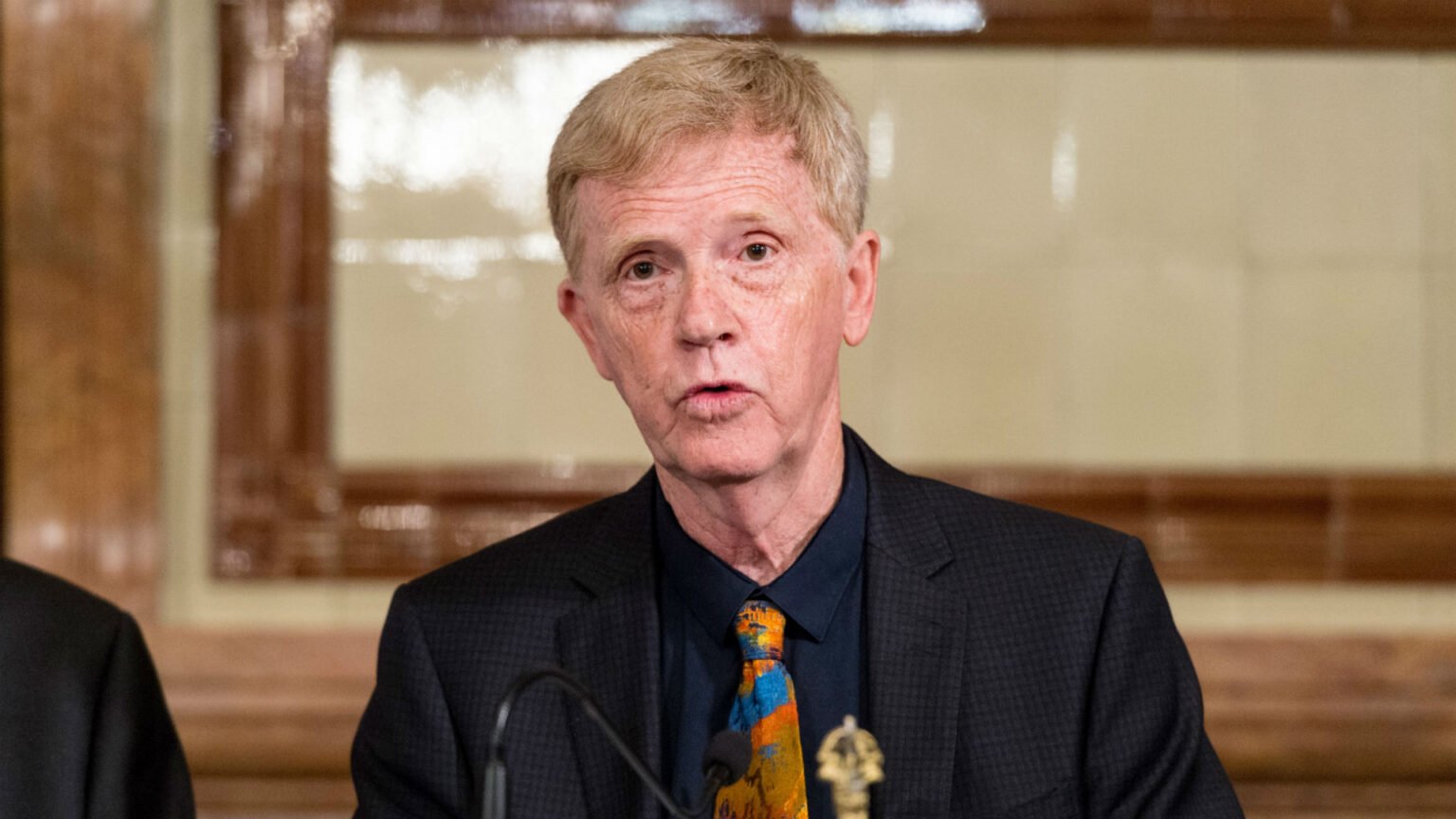Steven Sahiounie, journalist and political commentator
More than 35,000 Palestinians are dead, and thousands of Israelis are in the streets asking for their government to resign. The Israeli people thought their government would work to negotiate a release of the Israeli hostages held in Gaza, but are now faced with the realization that to Prime Minister Benjamin Netanyahu “Hostage Lives Don’t Matter”.
Netanyahu wants to hang on to power at all costs, even if it means his citizens have turned against him.
Experts expect the Israeli war on Gaza to lasts months. With the US government and other western democracies willing to fund the slaughter of unarmed civilians in Gaza, there is no end in sight to the genocide.
While many in Israel are patriotically supporting the slaughter in Gaza, others have turned off the official state media outlets, and are getting their news online. They have realized the Israeli media sources have been feeding the public news which does not represent the truth of the situation on the ground in Gaza.
At the same time, the American people have gotten used to relying on their cell phone for news, and the images and stories they are reading from Gaza are against the core American value they hold highest. They see an unarmed civilian population being exterminated by one of the most sophisticated modern military on earth. Freedom is the highest held value in America, and the American anger is real and directed against the US government as well as the Netanyahu government.
Steven Sahiounie of MidEastDiscourse interviewed Ambassador Peter Ford, who served as the British Ambassador to Bahrain from 1999 to 2003 and to Syria from 2003 to 2006. In 2023, Ford became a Deputy Leader of the Workers Party of Britain.
Peter Ford is an expert on the Middle East and gives some rare insight into the situation in Gaza and the broader picture of the region and players.
1. Steven Sahiounie (SS): The war on Gaza is now more than 8 -months-old, and the political pressure on Benjamin Netanyahu to stop the genocide is increasing. In your opinion, will this pressure succeed in stopping this war?
Peter Ford (PF): No. Certainly the pressure from the US and Europe will not force Netanyahu to change course. That pressure is for the gallery only – not serious. More significant is the pressure from within Israel to prioritize recovering the hostages, which would mean conceding defeat, in that the only scenario where that could happen would be if Israel withdrew. As long as the settler extremists support Netanyahu he can probably resist that internal pressure, and press on with attacking Rafah, possibly in salami slices to minimize reactions from the US. This means the war is likely to continue for some months yet.
2. SS: The Arab League is meeting in Bahrain on May 16. In your opinion, will this Arab meeting have any role in decreasing the suffering of the Palestinian people in Gaza?
PF: The Arab League meeting was significant in only one respect: by insisting that any peacekeeping force be UN-linked Arab leaders were effectively consigning to the dustbin the US/Israeli plan for an Arab peacekeeping force which would police Gaza on Israel’s behalf. Russia and China would never allow it even if some Gulf countries were ready to participate. One by one all the Israeli/US fantasies about a power substitute for Hamas are falling away: the Palestinian Authority, local clan leaders, Arab peacekeepers. Non-starters from the beginning.
3. SS: For the last 8 months the IDF has been using massive military power in Gaza, but until now they have failed in achieving any of their military goals, and yet the Palestinian resistance is still fighting back. What does this situation tell us about the Israeli military, and the resistance groups?
PF: The Israelis and their Western backers clearly overestimated the capability of the Israeli army and underestimated the resilience of the Resistance. We must ask ourselves, however, why could the Israelis not bring Gaza to heel as they have brought the West Bank? And why is the Israeli army so resistant to Netanyahu’s desire for it to stay in Gaza more or less indefinitely? The answer staring us in the face is that it is the collaboration of the Palestinian Authority in the West Bank, obviously absent in Gaza, which makes the difference. The more or less painless ( for the Israelis) occupation of the West Bank is only possible because of the assist from Abbas.
4. SS: According to media reports, China is working on brokering a Palestinian peace deal between Hamas and Fatah. In your opinion, will Beijing be as successful in this endeavor, as compared to their success in the deal they brokered between Saudi Arabia and Iran?
PF: The Chinese effort is commendable, but unlikely to succeed as long as Abbas remains in charge of the West Bank. And as long as the Israelis keep incarcerated the one man who could change the equation: Marwan Barghouti.
5. SS: Social media outlets are showing the massive pro-Palestinian protests and signs of support from people around the world, especially in the United States and Europe. In your opinion, what has caused these western communities to risk arrest in some cases to voice their concern?
PF: The outpouring of support for Gazans is a natural consequence of the internet and social media. The horrendous suffering Israel is inflicting on Gazans cannot be camouflaged. The protests are also fueled by anger at the support Western governments are very visibly giving to Israel. They may also owe something to the way young people in the West have been primed by earlier causes dear to liberal hearts: Black Lives Matter, Ukraine, and climate. It is no accident that climate campaigner Greta Thunberg is also campaigning for Gaza.
Steven Sahiounie is a two-time award-winning journalist



